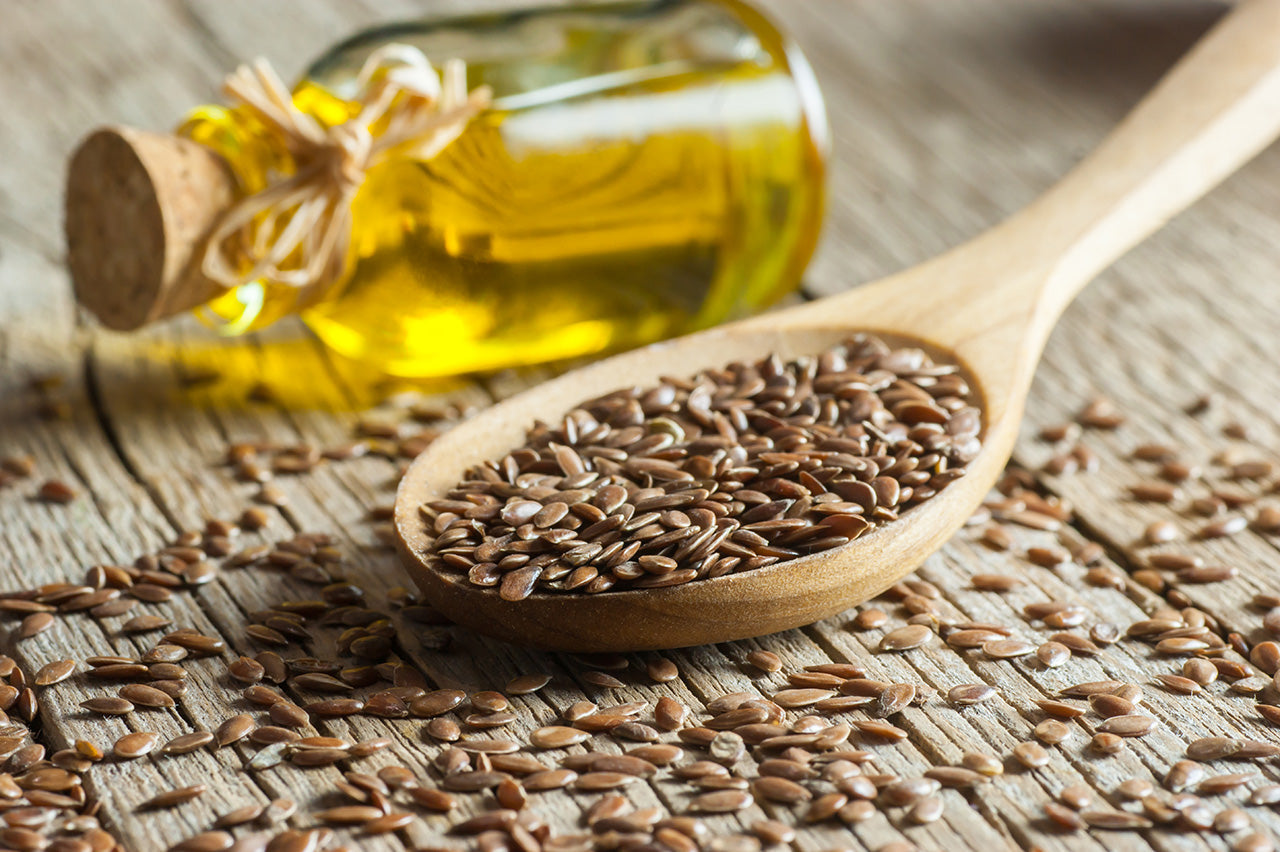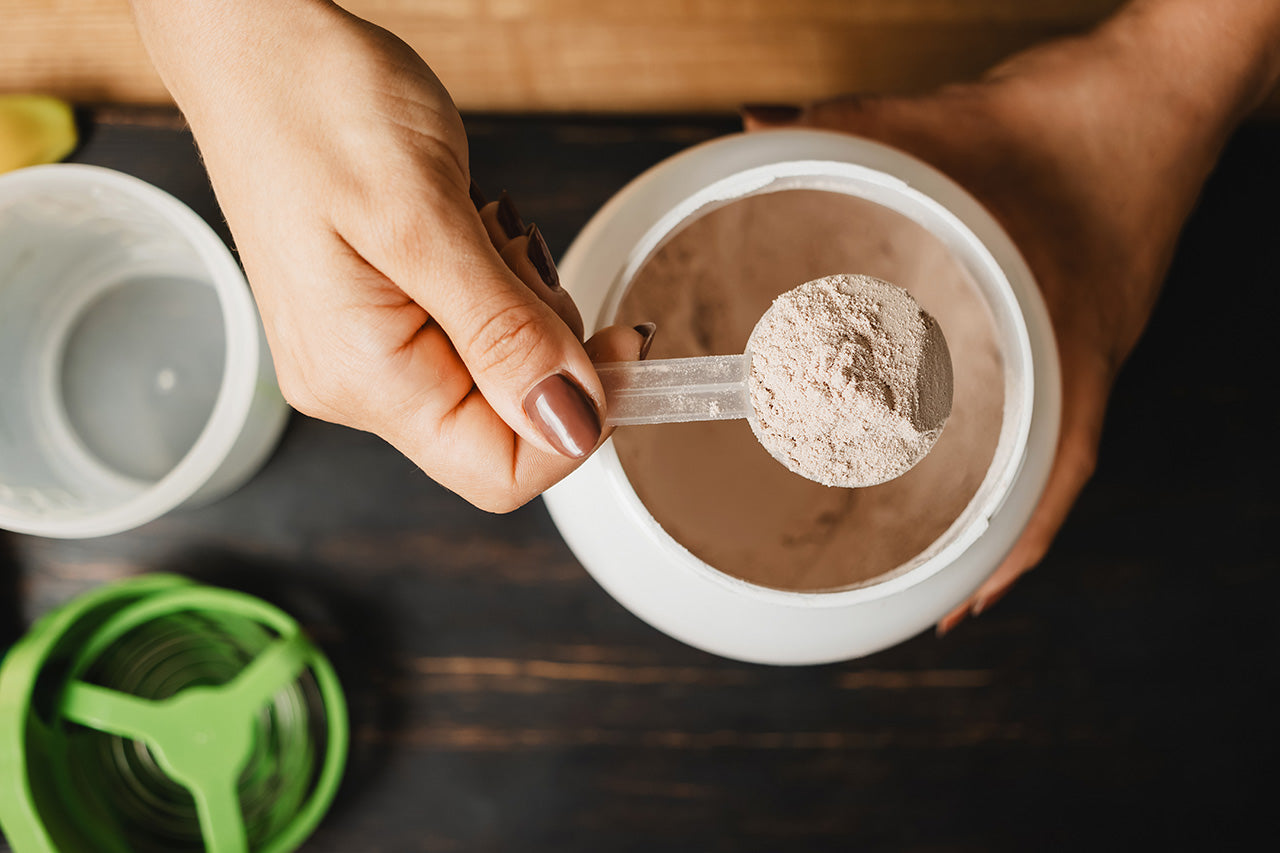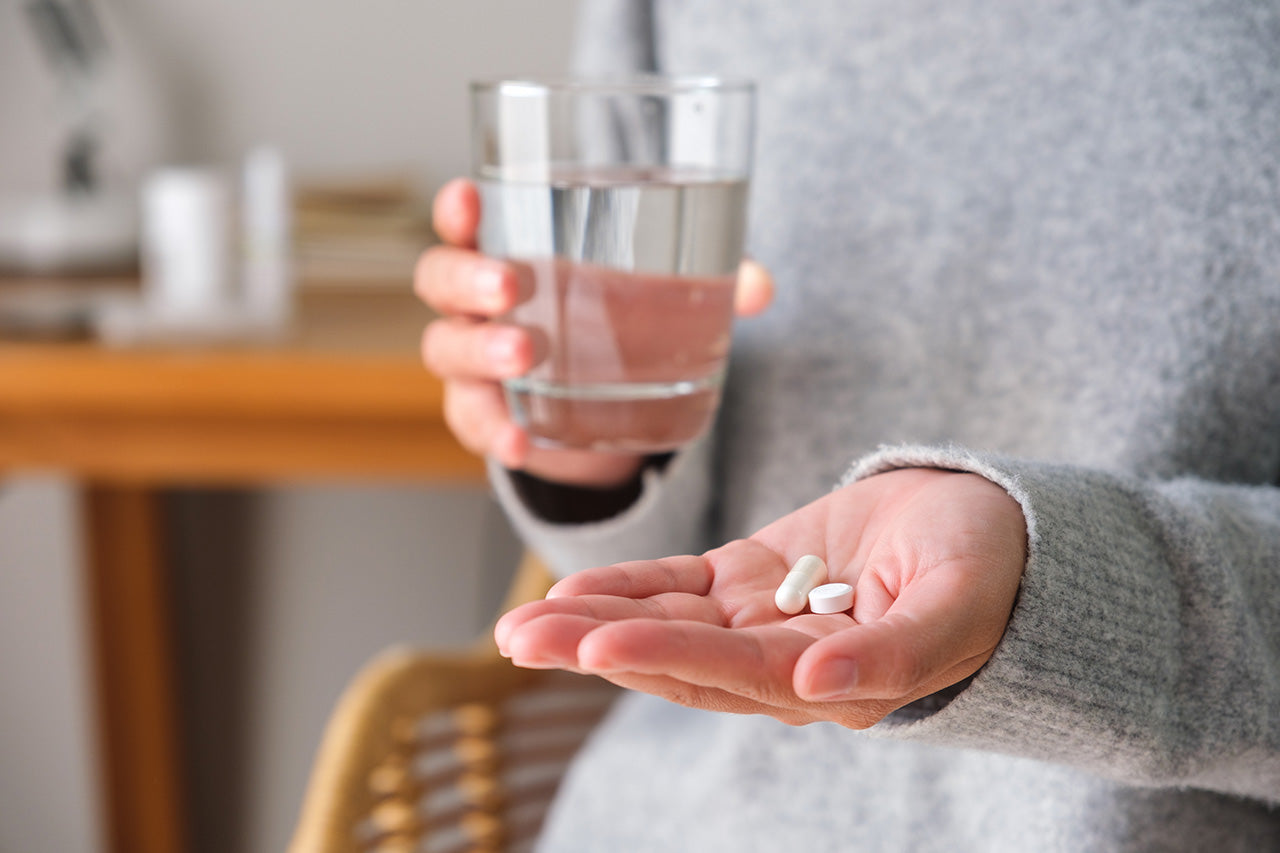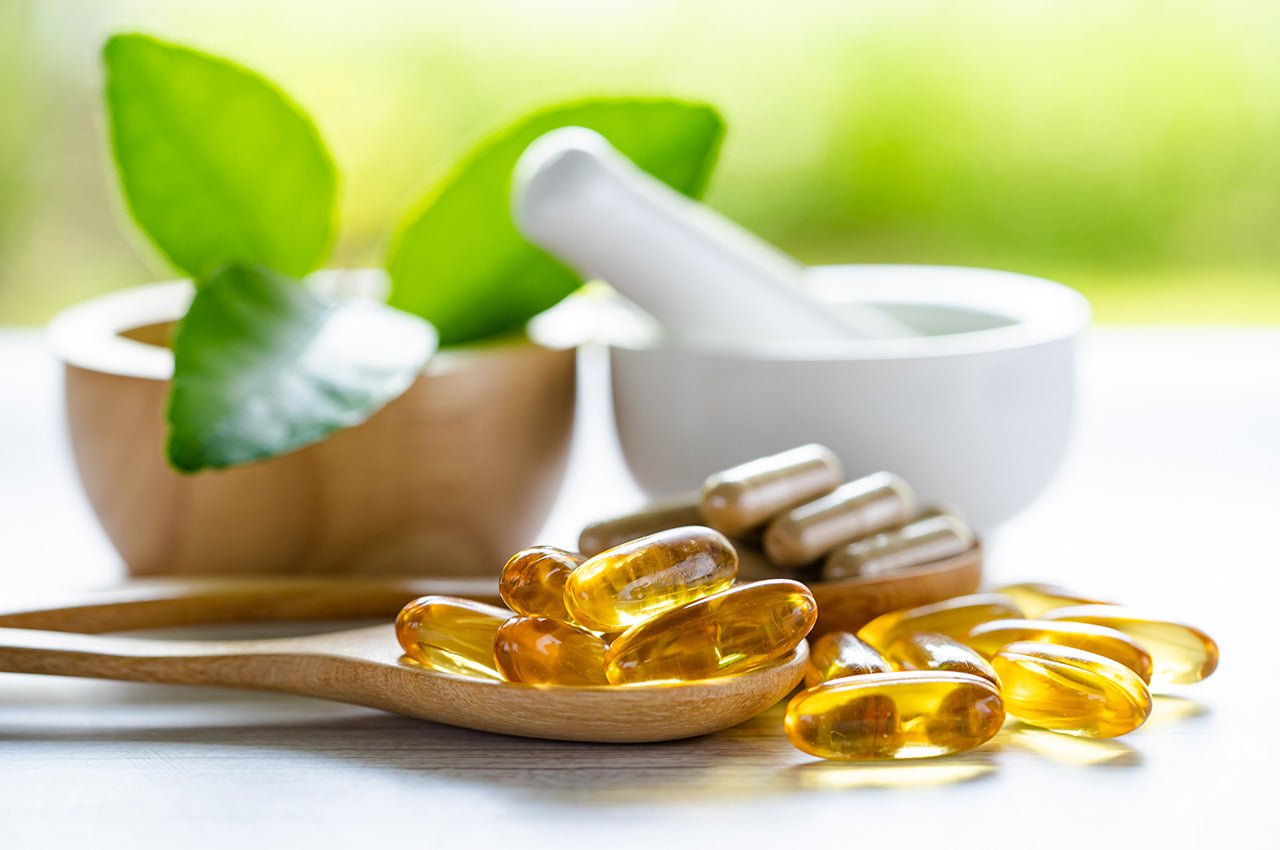
WELLNESS
Healing Your Gut: The Role of Supplements in Gut Health

The gut is often referred to as the body's second brain due to its significant impact on overall health, from digestion to mental well-being. A balanced gut, packed with beneficial bacteria and proper digestion, is essential for optimal health.
Unfortunately, modern diets, stress, and certain medications can disrupt gut function and diversity, leading to discomfort and health issues. Supplements can offer an effective way to restore balance and support gut health. Some key supplements that can benefit your microbiome include: Probiotics, Prebiotics, Digestive Enzymes, L-Glutamine, and Omega-3 Fatty Acids.
Probiotics: The Good Bacteria
Probiotics are live microorganisms that can restore the natural balance of gut flora. These beneficial bacteria help reduce harmful bacteria, improve digestion, and even boost immune health. Probiotics are often recommended after taking antibiotics, which can wipe out healthy gut bacteria. Various strains offer different benefits—Lactobacillus and Bifidobacterium are well-known for their digestive benefits.
Probiotics colonize the gut and compete with harmful bacteria, reducing their presence. They also enhance the production of short-chain fatty acids, which support gut health.
It's best to take probiotics on an empty stomach, about 30 minutes before a meal, to allow them to pass through the acidic environment of the stomach more effectively.
Prebiotics: Fuel for the Gut
Prebiotics are a type of fiber that feed the beneficial bacteria in your gut. They help probiotic bacteria thrive, promoting a healthy balance of microorganisms. Some common prebiotics include inulin, fructo-oligosaccharides (FOS), and resistant starch.
Prebiotics serve as food for probiotics, helping to maintain and boost the population of good bacteria in your gut. This process enhances gut function, improves digestion, and supports the immune system.
Prebiotics are best taken alongside probiotics to maximize their effects. Since they can cause gas and bloating in some people, start with a low dose and increase gradually.
Digestive Enzymes: Supporting Breakdown of Food
Digestive enzymes help your body break down food into nutrients, aiding in proper absorption. If you're experiencing indigestion, bloating, or food intolerances, adding digestive enzymes to your routine could be helpful. Common digestive enzymes include proteases (for protein), lipases (for fats), and amylases (for carbohydrates).
Take digestive enzymes with meals, especially if you're eating a large or complex meal. This ensures that the enzymes are present during digestion, optimizing nutrient breakdown.
L-Glutamine: The Gut Wall Healer
L-glutamine is an amino acid that plays a crucial role in maintaining the integrity of the intestinal lining. It helps prevent and heal a "leaky gut," a condition where the gut lining becomes permeable, allowing toxins and undigested food to enter the bloodstream. This can lead to inflammation and immune system problems.
L-glutamine helps regenerate the cells in the gut lining, protecting it from damage and improving its barrier function.
Take L-glutamine on an empty stomach to ensure it is absorbed effectively. A common dosage is 5 grams per day, but consult a healthcare provider for personalized recommendations.
Omega-3 Fatty Acids: Reducing Inflammation
Omega-3 fatty acids, particularly EPA and DHA, are essential fats with strong anti-inflammatory properties. Chronic inflammation in the gut can contribute to conditions like irritable bowel syndrome (IBS) and leaky gut. Omega-3s can help reduce inflammation and support a healthy gut lining.
Omega-3s reduce the production of inflammatory compounds in the gut, helping to calm irritation and maintain a strong gut barrier.
Omega-3 supplements are best taken with meals that contain fat, as this enhances their absorption.
Tips for Selecting High-Quality Products
When choosing supplements to support gut health, quality is key. Poorly manufactured products may not contain the active ingredients needed or may be contaminated with harmful substances. Here are some tips to ensure you're getting the best products:
- Check for Third-Party Testing: Look for supplements that are third-party tested for quality and purity. This ensures that the product contains what it claims and is free of contaminants.
- Opt for Bioavailable Forms: Choose supplements that come in forms your body can easily absorb, such as fermented or encapsulated probiotics, and omega-3s derived from fish oil.
- Look for the Right Strains: In the case of probiotics, different strains serve different purposes. For gut health, strains like Lactobacillus acidophilus and Bifidobacterium longum are particularly effective.
- Consider Dosage and Potency: Some supplements, like probiotics, need to be taken in higher doses (measured in CFUs—colony-forming units) to be effective. Start with a moderate dose and adjust based on how your body responds.
At Flavor and Fettle, we believe in offering only the highest quality supplements to support gut health meeting the criteria above. Our carefully selected range includes probiotics, prebiotics, and omega-3 fatty acids that are crafted to meet the highest standards of purity and efficacy.
Our 20 billion Probiotic Digestive Support product offers 10 efficacious bacterial species, the prebiotic fructo-oligosaccharide, and 9 digestive enzymes offering complete digestive support.
Our concentrated Omega-3 soft gel offers nearly twice as much EPA/DHA as standard fish oil products.
Whether you’re just starting your gut-healing journey or looking to maintain a healthy balance, you’ll find the right supplements to support your needs.































































